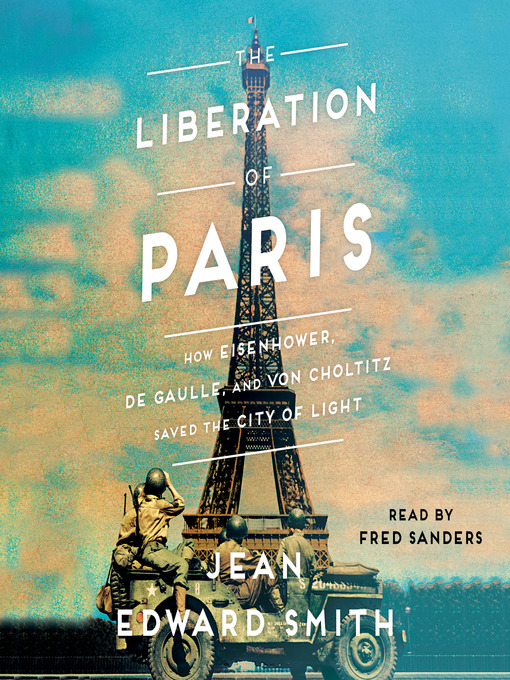- New audiobook additions
- Audiobooks Under Three Hours
- Audiobooks Under Six Hours
- Try something different
- Available now
- Family Road Trip Audiobooks
- New teen additions
- See all
- Favorite Magazines
- Crafting & DIY
- Home & Garden
- News & Politics
- Business & Finance
- Celebrity Gossip
- Just Added Magazines
- See all


